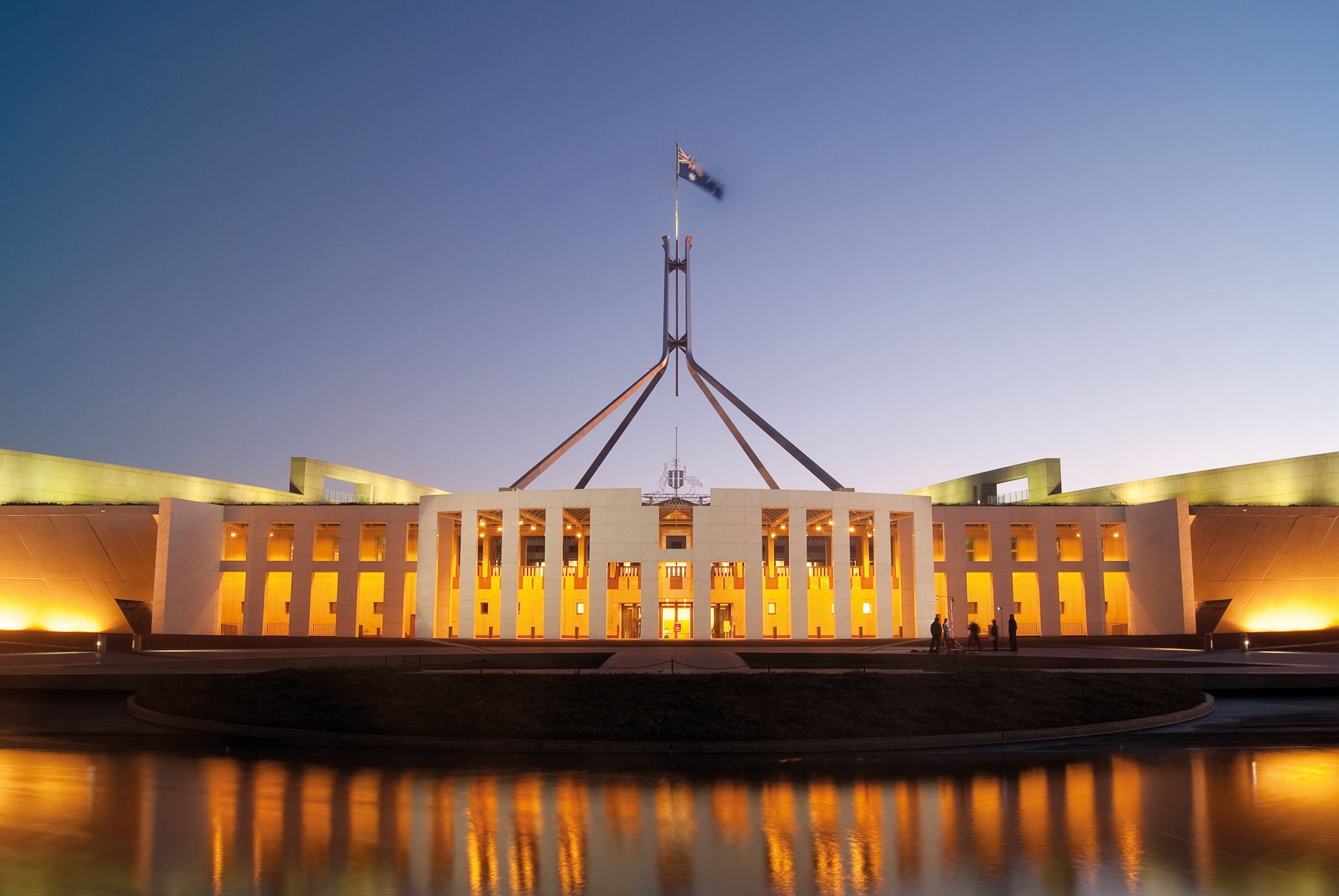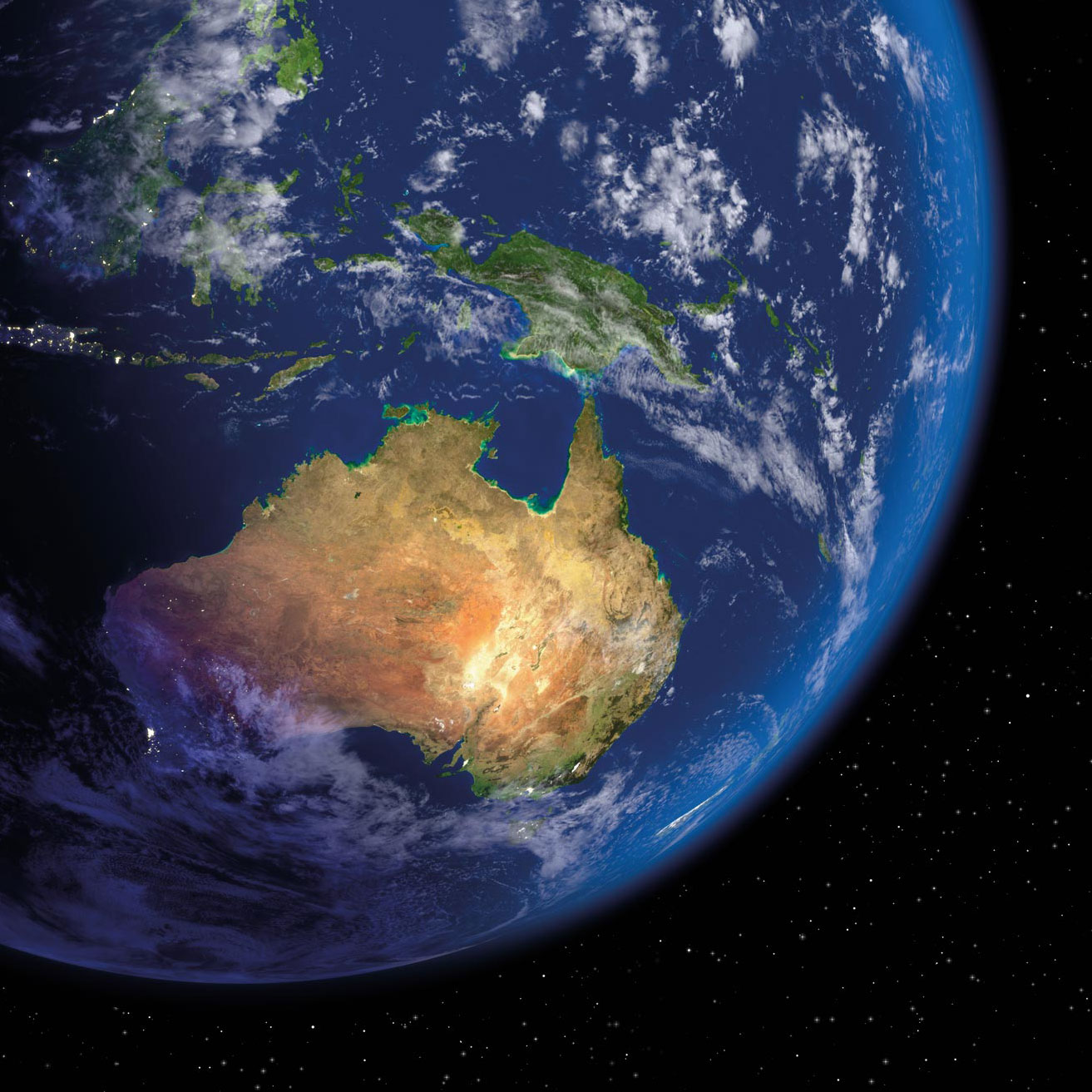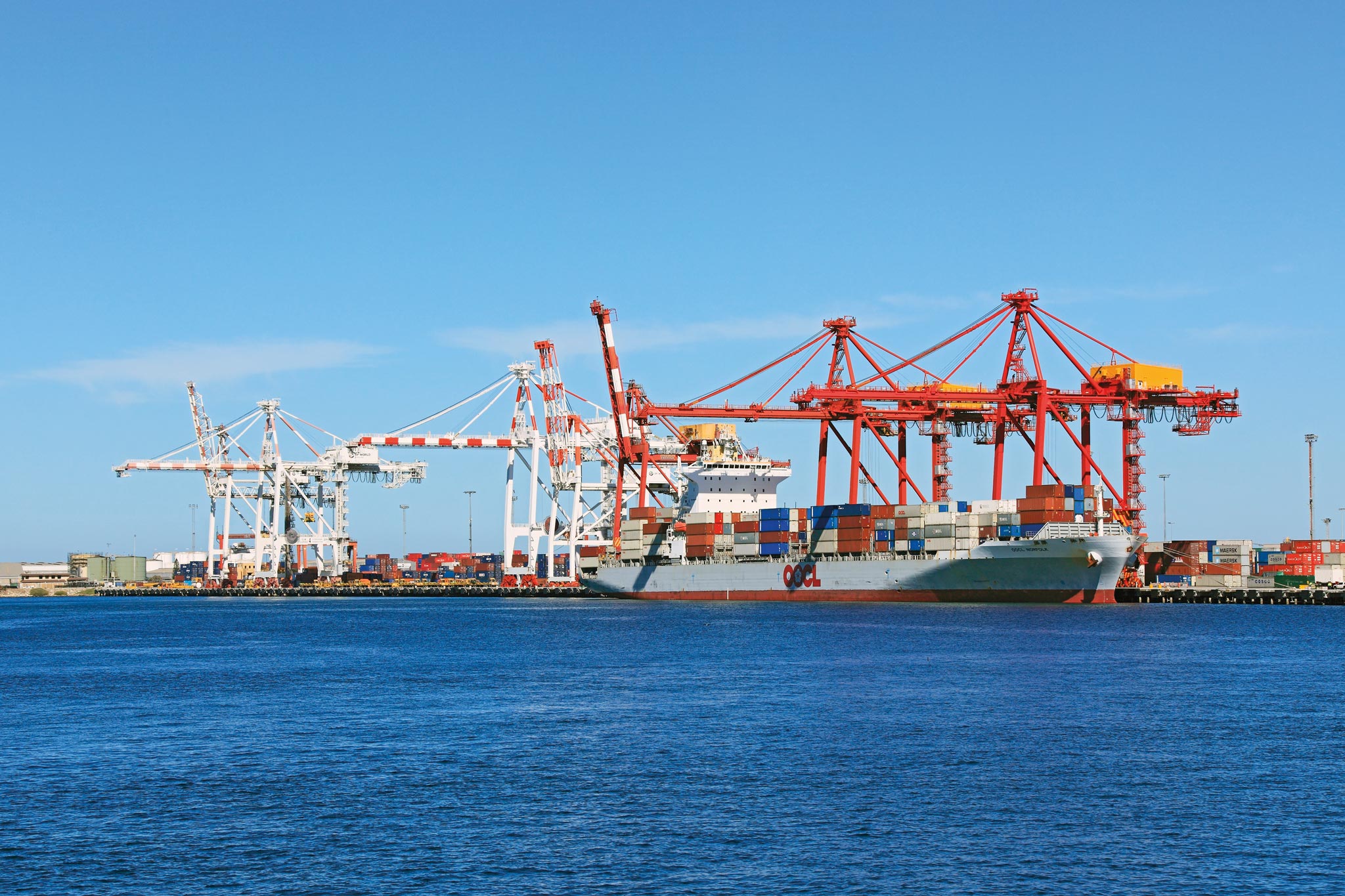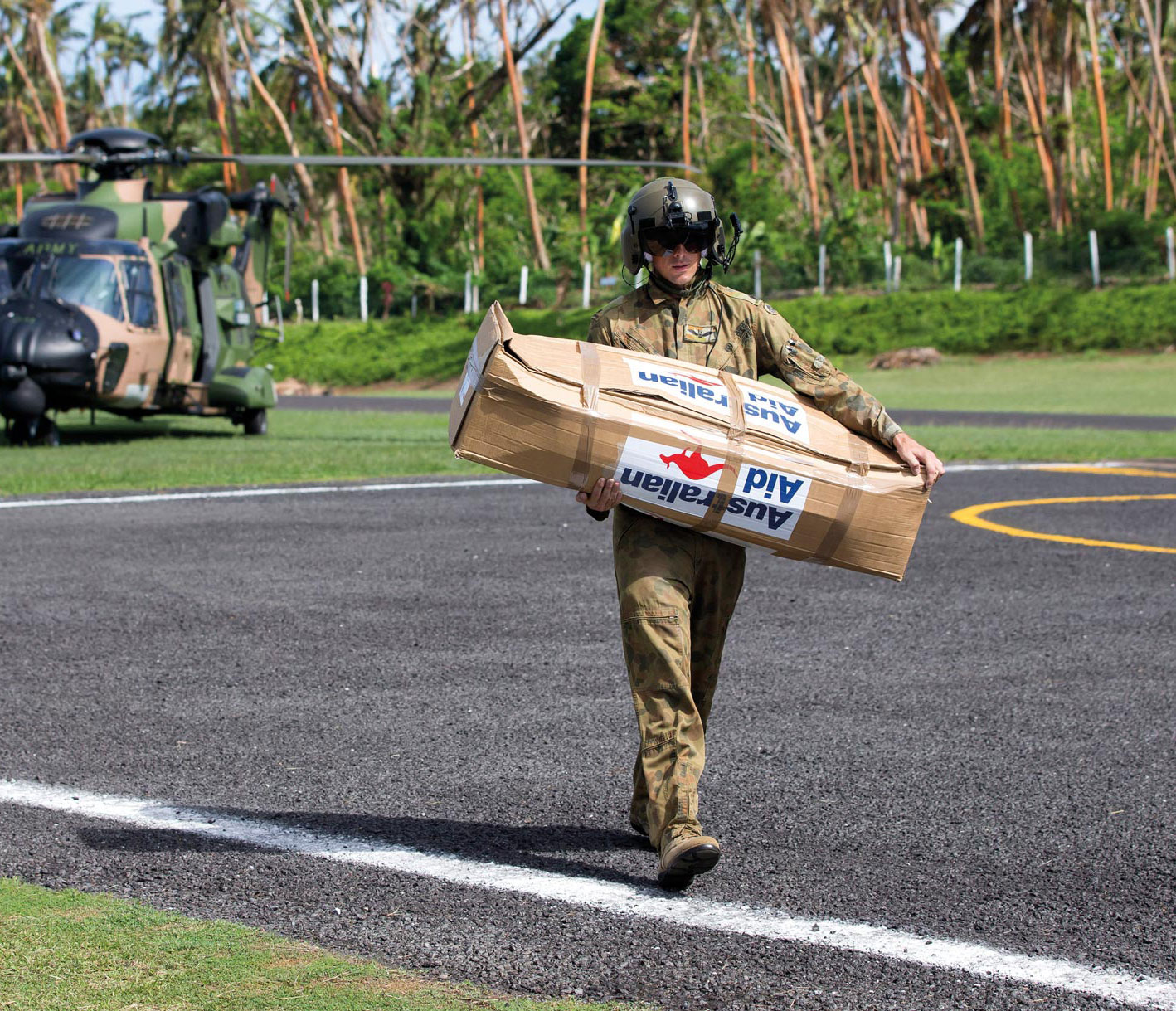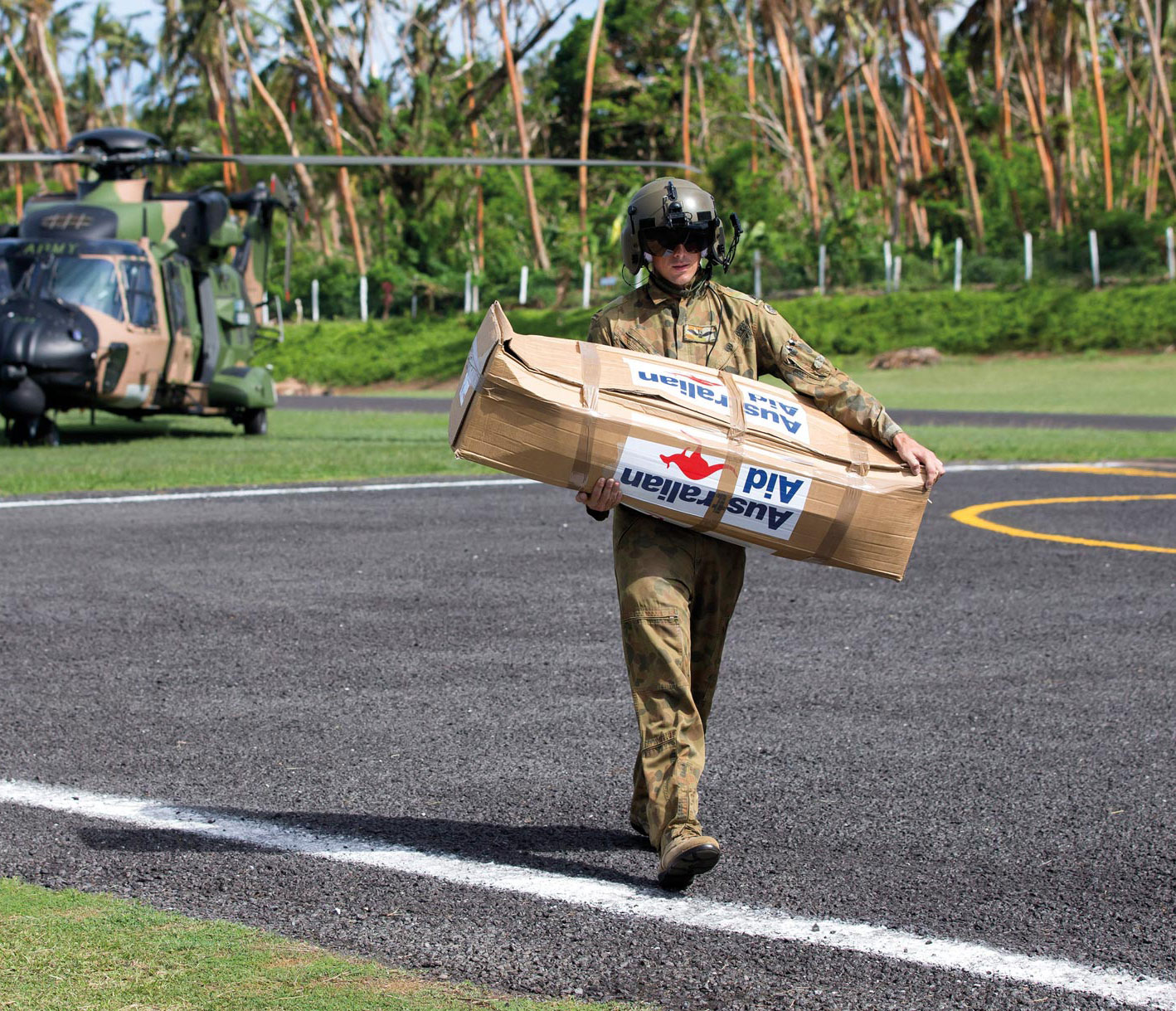The stability and economic progress of Papua New Guinea, other Pacific island countries and Timor–Leste is of fundamental importance to Australia. Our ties with these neighbours are long-standing and will be enduring. We are bound by migration, education and, in many cases, historical ties.
Australia is a major economic partner and an enabler of opportunity for our neighbours. Some countries in the region have the natural resources and many have the tourism potential to benefit from increased trade and investment with Australia, New Zealand and Asian economies.
Our engagement is anchored in common interests. Stability in Papua New Guinea, the wider Pacific and Timor–Leste, for example, is vital to our ability to defend Australia’s northern approaches, secure our borders and protect our exclusive economic zone.
Most countries of the region are, however, facing acute development challenges. Small formal economies, distance from major markets, high costs, and rapidly growing populations hamper economic growth.
Governance and capacity constraints in some countries also limit their ability to deliver services. These challenges make it difficult to respond to transnational crime, natural disasters, climate change or outbreaks of infectious diseases. This in turn exposes Australia to increased threats, which our cooperation helps to mitigate.
To identify and implement practical responses to these economic, security and development challenges, Australia will enhance engagement with Papua New Guinea, other Pacific countries and Timor–Leste, as well as with regional organisations such as the Pacific Islands Forum.
In the Pacific, Australia recognises that new approaches will be necessary. Our support will focus on three priorities:
- promoting economic cooperation and greater integration within the Pacific and also with the Australian and New Zealand economies, including through labour mobility
- tackling security challenges, with a focus on maritime issues, and
- strengthening people-to-people links, skills and leadership.
These priorities build on our commitment to work with governments in the Pacific to respond to climate change, bolster resilience, strengthen emergency responses and improve governance, education, health and gender outcomes.
No single country or organisation can tackle the challenges in the Pacific on its own. Stronger bilateral and regional partnerships are necessary to achieve shared goals.
New Zealand will remain an essential partner in support of the economic growth, stability and security of the region. Australia and New Zealand will align our approaches to the Pacific.
Our cooperation has wider regional and global dimensions. Australia’s relationship with New Zealand is our most comprehensive and we are committed to deepening it further. We have high levels of police and military interoperability and collaborate on strategic planning, capability development and intelligence. This will continue to be essential to prosecuting shared interests, including in the Pacific.
Australia recognises that increasing competition for influence and economic opportunities in Papua New Guinea, other Pacific countries and Timor–Leste, as well as growing aid and loans from other sources, means they can turn elsewhere for advice and assistance. This brings opportunity in many cases, but also has the potential to strain the capacity of countries to absorb assistance and manage their debt levels. It could also undermine regional coordination.
In particular, Australia will engage the Pacific’s outside partners to encourage them to work in a manner that strengthens cooperation, builds more sustainable and resilient economies and maintains stability. We will encourage responsible lending to the region and adherence to the priorities identified by regional governments and the Pacific Islands Forum.
Australia will support efforts to attract public and private investment in the Pacific and Timor–Leste. We continue to work to increase the provision of multilateral bank finance and expertise, especially by the World Bank and Asian Development Bank. This will be essential to redress the infrastructure shortfall in the Pacific and Timor–Leste, estimated to be US$46 billion out to 2030.




